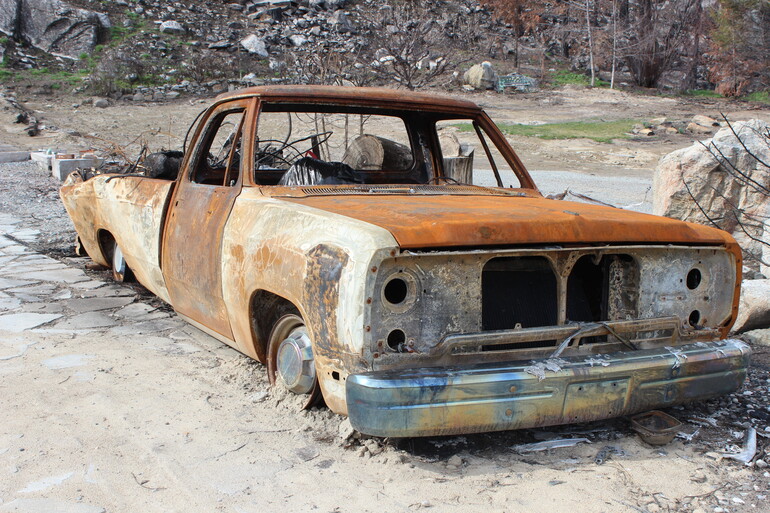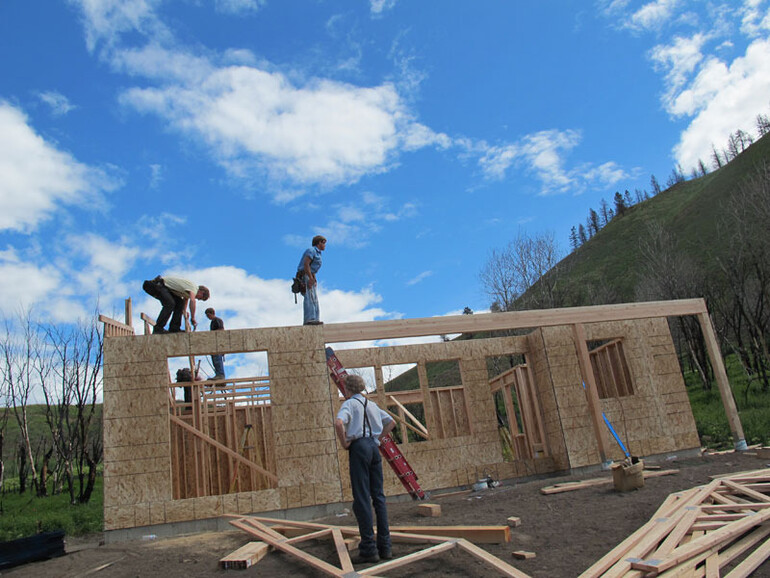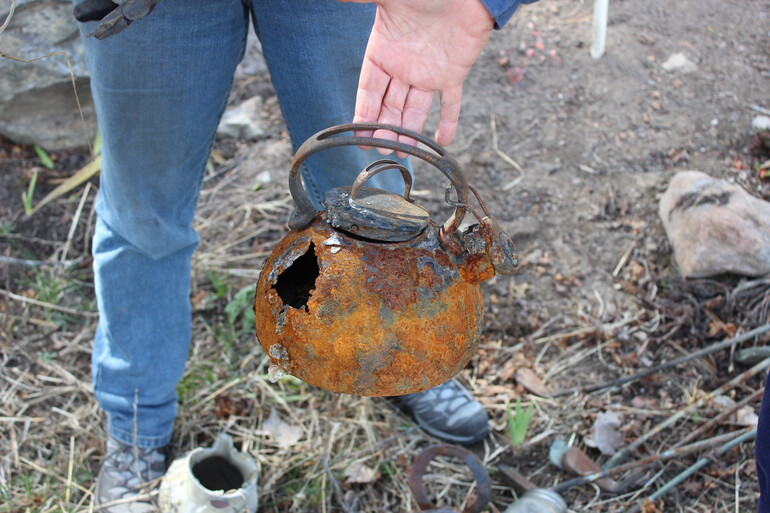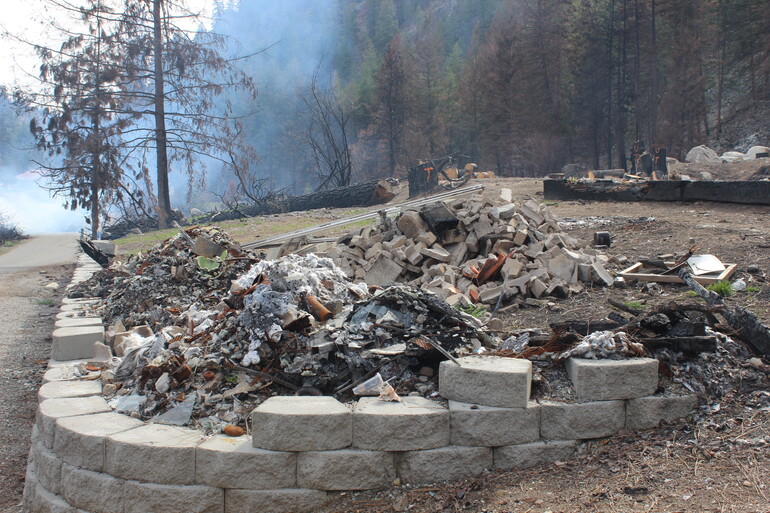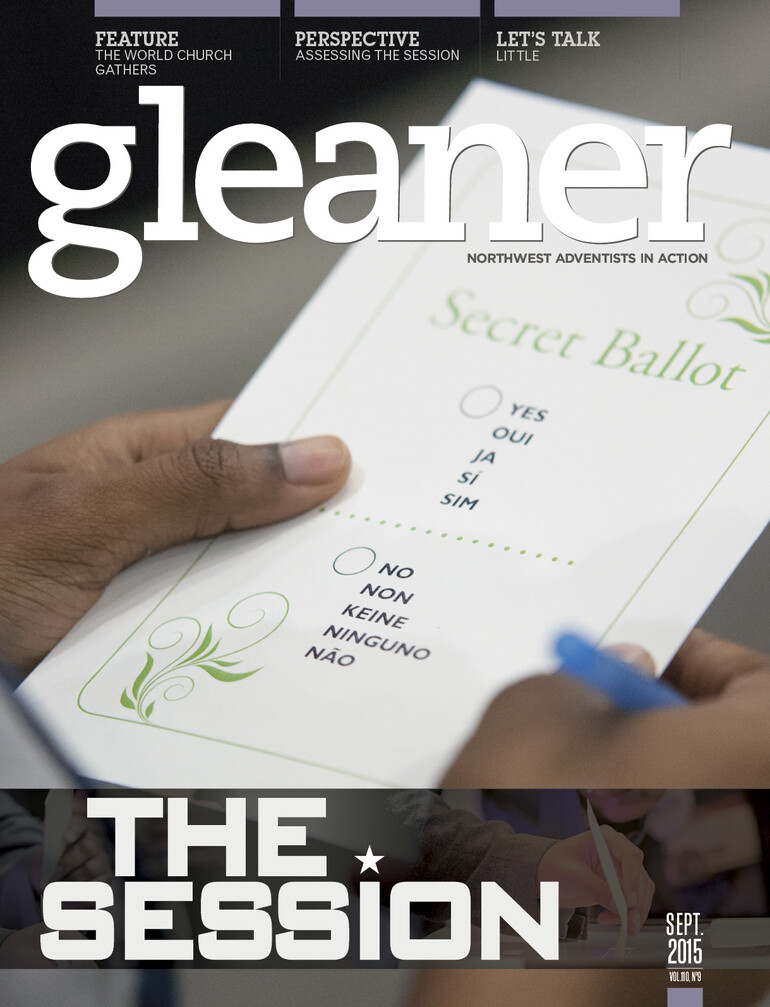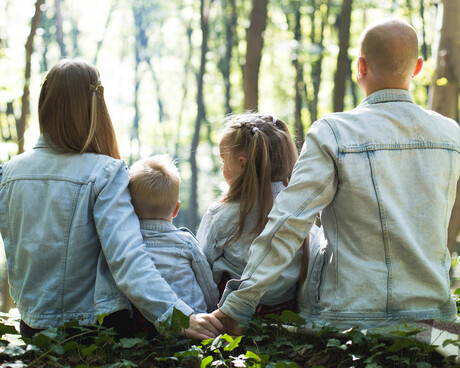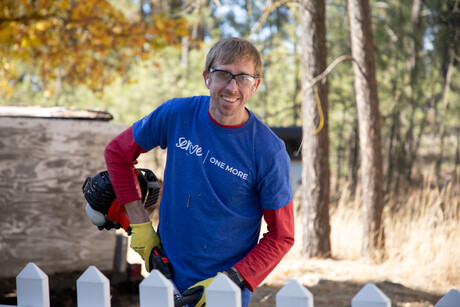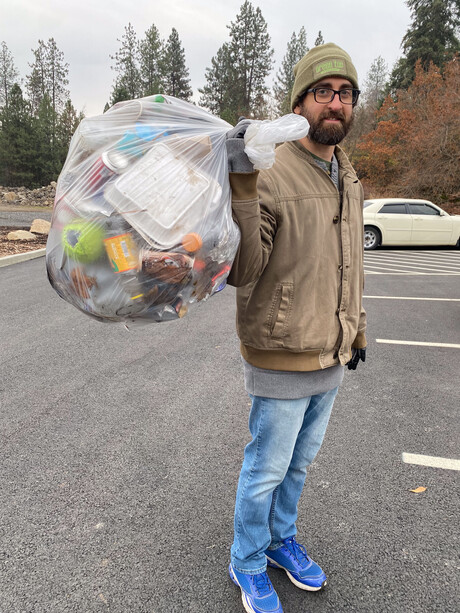Four separate lightning strikes on July 14, 2014, in central Washington's Methow Valley began the Carlton Complex Fire, which would become the largest wildfire in Washington state history as it burned 350,000 acres. In the months following, God’s people responded to a simple request to support those hit by this disaster by donating with monetary gifts both small and large.
What difference would a $10, $100 or $1,000 gift make? Some of the money went for immediate needs, but most of the funds were held through the winter in case an Adventist Community Services (ACS) large warehouse, which could incur great expenses,* would be needed in the spring.
In late spring, the ACS Disaster Response advisory voted to use these gifts for a one-time donation to the long-term recovery group who, after careful vetting, would assist in rebuilding 42 fire-resistant homes for the uninsured — individuals who would not have resources to rebuild themselves like many who are retired and on a fixed income.
Upper Columbia Conference offerings totaled $11,377. Washington Conference Adventist Community Services gave an additional gift to UCC’s donation, adding another $5,000. Brewster (Wash.) Church, whose goal is to ultimately give $90,000, added $18,000.
This is where the excitement begins — the week UCC made the Adventist Community Services donation, an anonymous donor offered to match any donation made to the long-term recovery group. The ACS donation became $32,754, and the Brewster Church donation became $36,000, making the total Adventist donation $68,754. And because there were other donations from faith-based organizations that were matched as well, more than $500,000 was donated for the Carlton Complex Fire recovery. It is clear that God still uses the principle behind the loaves and fishes yet today.
Besides monetary donations, the greatest need in the rebuilding effort of the 42 homes is the donation of time, skills and equipment like:
- Licensed plumbers and electricians
- Heavy equipment operators to remove ash and foundations
For more information, email Cindy Cook or call 509-220-9606.
*When disaster hits, a long-term recovery effort easily last three years or even more. Unfortunately cameras and media leave within a few days or weeks, which means donations for the most part end when needed most. The long-term recovery continues as donations come in to help families rebuild.




